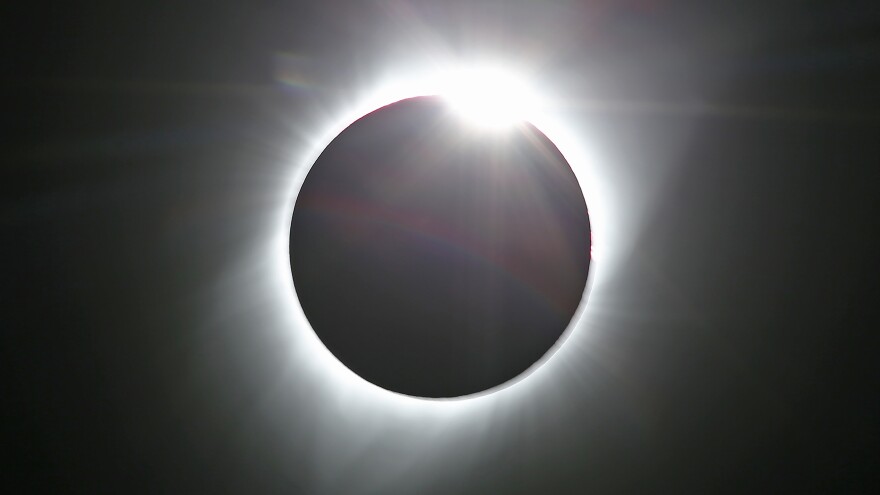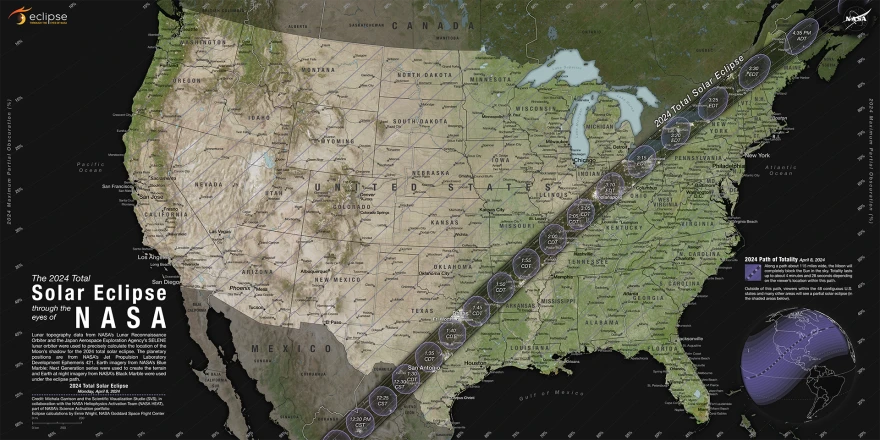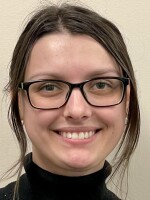BETHLEHEM, Pa. — Those seeking the thrill of totality during a solar eclipse will have to leave the Lehigh Valley to experience it.
And they know it.
The total solar eclipse will cross North America, passing over Mexico, the United States and Canada, with the path of totality going through parts of western Pennsylvania.
Parts of the state outside the path of totality will see 90% to 99% of coverage. The Lehigh Valley will see upwards of 92% of coverage, according to NASA's eclipse explorer — a sight Moravian University adjunct professor Gary A. Becker told LehighValleyNews.com will "look wonky."
Some area residents say they have planned to make the trek to totality for years, while others say they jumped on the solar bandwagon last minute.
"It's one of those things that's a short-term investment for a long-term memory."Ryan Murphy
Ryan Murphy and Alex O'Neill, both of Macungie, are among the latter.
Murphy said the two were inspired by a friend flying to Texas to see the eclipse.
"It was so spontaneous," Murphy said. "We decided that night that we would do it after finding out from our friend."
He said they made a "loose plan" that includes a roughly 297-mile drive in Murphy's "tiny, tiny Honda Civic" to Pittsburgh the night before — complete with an "obligatory Wawa run" somewhere in between — before heading off before dawn Monday morning to "somewhere ideally less busy," like Ohio.
The two scrapped their original idea of viewing the eclipse from Presque Isle State Park in Erie County, with Murphy adding the last-minute change "it feels like the right call."
"I think the tolls, the gas, at the end of the day, I'm going to plan to spend probably at least $150 or something like that," Murphy said.
"But you know, it's one of those things that's a short-term investment for a long-term memory."
'A special moment'
Murphy said he bought a solar filter for his camera to photograph the event for personal memories leading up to totality, during and after.
But ultimately, Murphy said he hopes to appreciate the experience in the moment.
He said he recalls feeling apathetic toward the solar phenomenon in 2017 that partially eclipsed the Lehigh Valley.

According to NASA, a total solar eclipse won't cross over the United States for another 20 years — another driving factor for Murphy and O'Neill to make the lengthy journey to the path of totality.
"It does kind of feel like a special moment that is worth taking advantage of," Murphy said. "I don't know, I think there's something to be said about having a bit of spontaneous energy to maintain that.
"Yeah, that was probably not the most eloquent response in the world, but maybe that speaks to how excited I am."
O'Neill said he'd describe his excitement as "mild enthusiasm" with most of the focus on seeing such an uncommon event.
"I'm very excited because, of course there's going to be other eclipses in my lifetime, but if it's gonna happen, I might as well try to get the totality experience, rather than the 90% over here," O'Neill said.
Almost a decade of planning
It's been less than spontaneous for Emmaus High School astronomy teacher Andrew McConville.
McConville said he knew after seeing the eclipse in 2017, he needed to see it again.
"Total solar eclipses are like a different beast completely," McConville said.
"To experience to see in the middle of the day, darkness and planets pop out, it almost sounds like I'm in a cult when I say this, but it was unlike anything I had ever experienced."
So, he said, he planned a four-day trip to Canandaigua Lake, of the Finger Lakes in New York, with college friends and their families.
There, totality should last around 2 minutes and 50 seconds.
"It's like the greatest spectacle you can witness on the surface of Earth besides the birth of children, getting married, or anything like that. This is definitely on my Mount Rushmore of life experiences."Andrew McConville, Emmaus High School astronomy teacher and longtime space enthusiast
And McConville said he plans to fill his gas tank just in case weather is uncooperative, so he's prepared to drive as far as needed to see what he calls "a cosmic experience" unlike anything he's seen before.
"It's like the greatest spectacle you can witness on the surface of Earth besides the birth of children, getting married or anything like that," McConville said.
"This is definitely on my Mount Rushmore of life experiences."
In 2017, McConville said he was too worried about getting the perfect shot of the eclipse.
He said that this time around, while he plans to document the experience to share with students, he hopes to live in the moment, not through a lense.
"I am so excited to share it with friends and family that have never experienced anything like this before," McConville said.
"Just to soak it in and feel what it feels like to be human, to see this happening — I'm excited."


